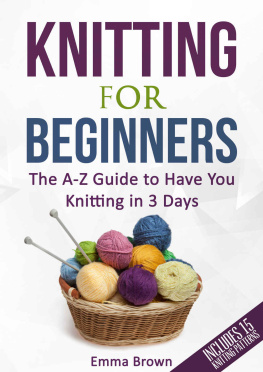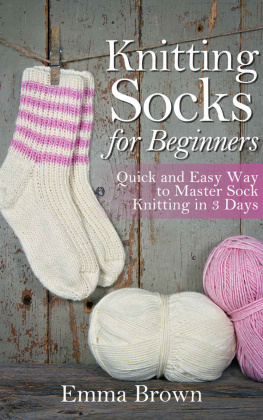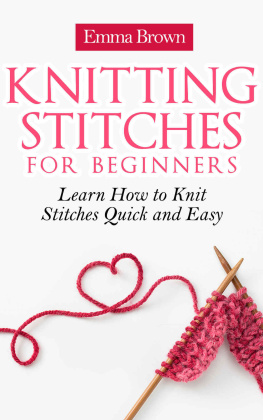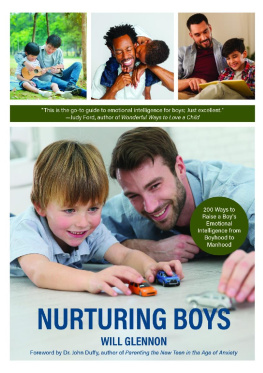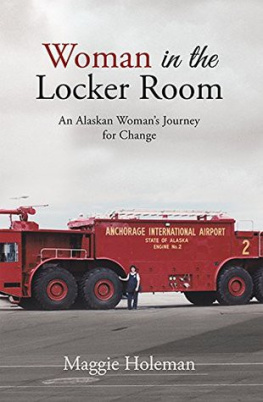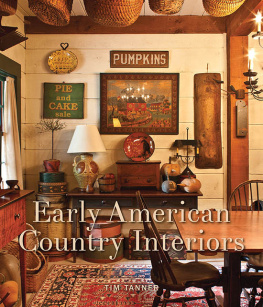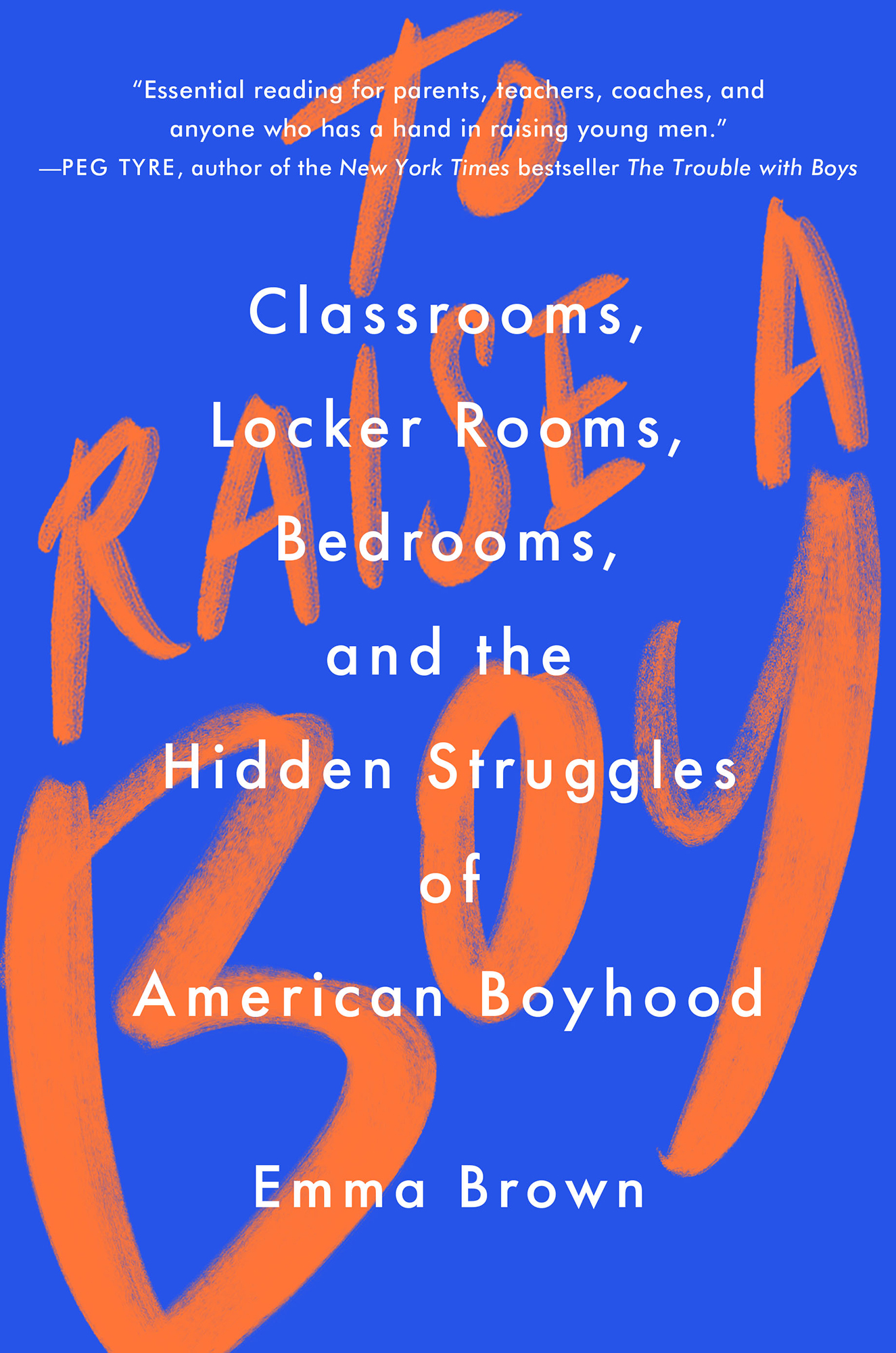Contents
Guide
For June and Gus
Prologue
My first year as the mother of a boy coincided almost exactly with the first year of the nations reckoning with sexual abuse by powerful men in media, entertainment, and politics. My son was six weeks old when the New York Times and the New Yorker published their first stories about Harvey Weinsteins alleged predation. I read those stories on my phone as he nursed.
Then the stories kept coming. Roy Moore, Charlie Rose, Matt Lauer, Louis C.K. Stories about unnamed men, stories that women had been carrying silently for years and that were suddenly flooding social media. Stories about entire constellations of people who had helped shield alleged abusers from being held to account. The wave of all that, the weight of it, left me breathless and sometimes furious. And it left me, too, with a persistent, niggling question: How would I raise my son to be different?
It wasnt only that I wanted to teach him not to be sexually violent. (I mean: Obviously!) I also wanted him to be a person who would challenge sexist and abusive behavior instead of looking away. And I wanted him to know how to thrive in his relationshipswith girls and women, with other boys and men, and with himself.
Six months after I gave birth to my son, I returned from maternity leave to my job as an investigative reporter for the Washington Post. And five months after that, an anonymous woman texted the Posts tip line to say that she had been sexually assaulted by Brett Kavanaugh when they were both in high school more than three decades earlier. Kavanaugh was on the short list to become President Trumps next Supreme Court nominee.
The tip fell in my lap, and I called her. She wanted decision makers in Washington to know her story, but she didnt want to come forward publicly. Over the next two months, I stayed in touch with her as she wrestled with how to proceed, talking and texting whenever possiblein the windowless room at work where I pumped milk for my son, or in the driving rain on the shoulder of a mountain in Vermont while backpacking with my family. She decided not to speak out, figuring her story probably wouldnt make a difference. But then news of her allegations began to leak, without her permission, to other media outlets, and in the last few days of summer, California psychology professor Christine Blasey Ford decided that if her story was going to be told, then she would be the one to tell it.
She turned to methe journalist who had gained my trust, she later saidto help her do that. By now, we all know what she said: Kavanaugh and his friend, Mark Judge, both drunk, had cornered her in a bedroom during a house party in the D.C. suburbs, and Kavanaugh had jumped on top of her, held her down, and groped her. She had been unable to forget certain details of that long-ago nightthe way, for example, the boys had laughed maniacally while she feared for her life. But there was plenty she couldnt remember, including where this had happened and how she had gotten home. To corroborate her story, she provided notes her therapist had taken about her survival of an attempted rape during high school, and her husband told me she had first mentioned the assault, including Kavanaughs name, six years earlier.
On September 16, 2018, the Post published her allegations and Kavanaughs flat denial. Perhaps naively, I did not expect what came next: a polarized political brawl that played out on cable news talk shows, on President Trumps Twitter account, and in the Senate Judiciary Committee hearing room. Fords emotional testimony, coupled with Kavanaughs angry rebuttal and eventual confirmation to the high court, led to inevitable questions about how much had changed for women since Anita Hill accused Clarence Thomas of sexual harassment nearly three decades earlier. The controversy also became a key Trump talking point, one he used to rally Republican voters ahead of the 2018 midterm elections.
But Fords testimony did not just cause a political earthquake. It also opened a door to quieter conversationssome of them around dinner tables, between parents and kidsabout sexual violence and substance abuse, about accountability, privilege, and consent, about how boys learn to be boys. Fords story, alongside a cascade of #MeToo revelations, reverberated among teenagers, galvanizing many of them to speak out against sexism and sexual violence.
We must take it upon ourselves to change, three seniors at St. Albans, a private D.C. boys academy less than ten miles from Kavanaughs alma mater, wrote in the school newspaper, urging fellow students to listen to the stories young women at their sister school told about being insulted and belittled. Privilege comes with responsibility.
Elsewhere, there were signs of backlash. I have a lot more distrust of women in my life, a wary high schooler told me.
In the days after the Post published Fords story, my in-box filled with messages from people who felt moved to tell, some for the first time, their own stories of teenage sexual assault. They wrote me:
I kept my secret for more than two decades.
I know what I experienced in high school was rape and blamed myself for it for years.
I remember silently crying into my pillow wishing that it would all end.
The experience is what I think about when I cannot sleep.
It has been 53 years since this happened to me.
I said no, no, no. He did what he wanted and left me laying on that floor.
Their memories taught me that sexual violence is braided into the lives of not just men and women but also boys and girls. They taught me that the hidden pain made visible by the #MeToo movement has its roots, often, in childhood. And they showed me that there is an enormous appetite for meaningful change. It turns out that a lot of people want answers to the same question I have been asking myself: How will we raise our boys to be different?
Im embarrassed to admit that I had never given much thought to how boys learn to be boys until that moment in late 2017, sitting at home with my chubby, cooing infant son, reading about the wrongdoings of men. These men had been infants once, too. And then they had grown up.
For me, raising a boy feels a little like traveling in a foreign land. It was different with my daughter. When I gave birth to her, three years before my son was born, I had no idea how to be a mother, but after decades of navigating life as a woman, I knew unequivocally what I wanted for her.
My husband and I named her Juniper, after the hardy trees that cling to the sides of mountains. I wanted her to see herself as capable of anything, constrained by none of the old limits on who women must be and how they must move through the world. She could play with trucks and dolls. She could wear dresses and overalls. She could be an astronaut or a nurse. She could be fierce and funny and loving and steely-spined. I am strong and fearless, I taught her to say when she was two, as she hesitated on the playground, her lips quivering as she considered crossing a rope-netting bridge strung ten feet above the ground. I took her hand and helped her across, nudging her along with that mantra, which she repeated as we inched forward.
There was nothing premeditated about that little sentence. It just appeared on my tongue, distilling what I wanted her to be and how I hoped she would think of herself. When we reached the far end, she threw her arms in the air and crowed: I am strong and fearless! Even now, she still says it out loud occasionally when she encounters something intimidating or difficult, and it thrills me to hear those powerful words in the voice of a little girl.


